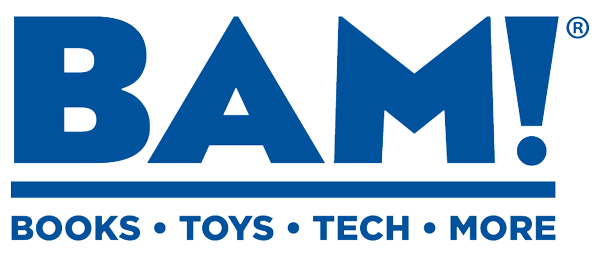In the sixth grade, a boy named Bobby gave me a 45-rpm vinyl record of Randy Newman’s “Short People,” saying the song reminded him of me. I think he liked me but, still, a box of chocolates would have been more endearing. I preferred to think of myself as petite, diminutive, delicate—anything but short. Bobby’s gesture was the topic du jour for an entire day, an entire year in the halls of Fort King Middle School. The song sealed the deal. I was short and everyone knew it.
Labels stick—sometimes even two decades and 12 inches later. As a parent of children in our public school system, I’ve been thinking a lot about the way we label academic success. Acronyms have become a familiar part of my everyday language. An AYP is the complex Adequate Yearly Progress formula to which a school must adhere. NCLB is the No Child Left Behind federal mandate with its state counterpart—the A+ Plan—to bookend the alphabet soup legislation. And, we’re gingerly nursing the annual testing hangover of FCAT, the Florida Comprehensive Assessment Test, having just been administered in our schools.
While the effectiveness of these initiatives continues to be debated, I’ve decided there is one fundamental flaw that really bothers me. These are systems built on fear. They heighten the anxiety of an already fretful nation, not to mention an adolescent just trying to make it through middle school gym class. I feel for our hardworking principals, teachers, parents, and students who find themselves pulled into the bureaucratic vice of programs with catchy, but often misleading labels. “Is your school an ‘A’ school?” “Will you pass the FCAT?” “Have we met our AYP?” This is fear transferred.
Like most well-intentioned parents, my husband and I try to reinforce the good in our kids. As the song goes, we try to accentuate the positive and eliminate the negative. As tempting as it may be, we avoid casting the children as societal misfits when life becomes bumpy. Assigning them a letter grade to their behavior during a limited timeframe doesn’t cut it—“Sorry son, but you get an F this year because you haven’t cleaned your room for three whole days!” And it’s a broad stroke to carry this mindset into the classroom with overreaching measures.
Of course, I want my children to be literate, solve mathematical equations, and understand why we’re still talking about Sophocles. I also want them to be part of a learning process that encourages students, teachers, and the community to feel good about themselves. I’m all for effective and fluid assessment tools for educational institutions and believe in the importance of accountability as a critical component. I just don’t think these existing models should be the primary indicator of a student’s—or a school’s—success.
To a mother, this dilemma can seem overwhelming at times, so I’ve decided to start small in reassuring my children who know FCAT scores as well as their ABC’s. Legislative mandates inadvertently tell our children that making the grade is more important than making a life. What can I do? Lessen the fear and enhance the hope. On my refrigerator door, I see photos of the kids playing soccer, eating ice cream with friends, and smiling goofily for the camera. I see homemade certificates celebrating a reading milestone. But I pledge never to put, in between the ribbons and the pictures, an AYP score.
Some labels shouldn’t last a lifetime.




